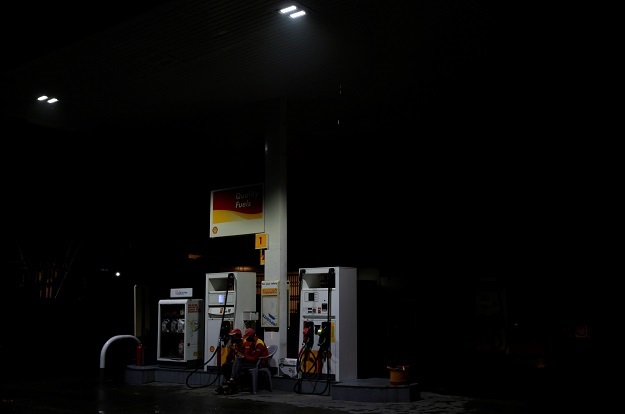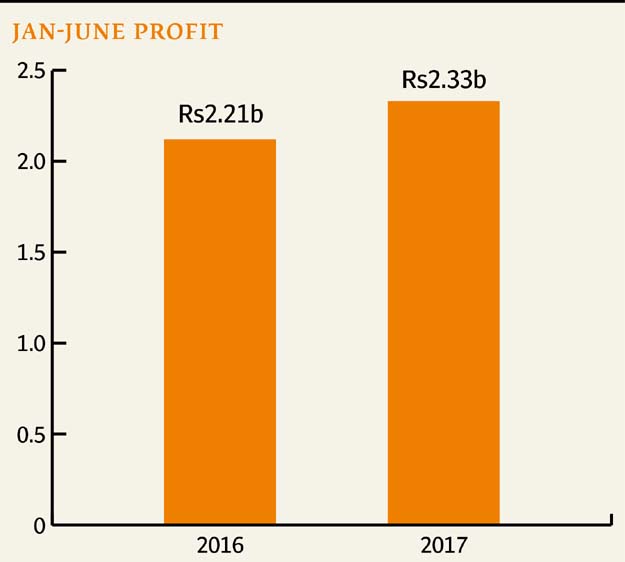
The company had recorded earnings of Rs2.19 billion in the same quarter of previous year.
Accordingly, the earnings per share (EPS) came down to Rs8.81 in April-June 2017 from Rs20.48 in the corresponding quarter of previous year.
The board of directors recommended an interim cash dividend of Rs7 per share.
Shell Pakistan says to pay fine for Bahawalpur tanker fire that killed 217
Shell’s stock price inched up Rs0.22 to Rs522.08 with a volume of 5,450 shares at the Pakistan Stock Exchange (PSX) on Wednesday.
JS Research, in a note to its clients, said “Shell closed flat as its earnings and dividend were not up to investor expectations.”
Net sales dropped less than 1% to Rs47.11 billion in April-June 2017 from Rs47.38 billion in the same quarter last year. Cost of products sold rose 1.72% to Rs43.51 billion from Rs42.77 billion.
The company paid tax-on-profit at the rate of 33.84% (Rs482.05 million), which was 16.63 percentage points higher than the rate of 17.21% (Rs455.58 million) in the corresponding period of previous year.

Cumulatively, in the first half (January-June 2017), the company posted a profit of Rs2.33 billion (EPS Rs21.85) compared to Rs2.21 billion (EPS Rs20.68) in the same half of 2016.
Shell Pakistan Chief Executive Jawwad Cheema said in a statement sent to the PSX the results of the company continued to be affected by the financial burden resulting from overdue receivables from the government and the company continued to incur financing cost on the bank borrowing required to fund these receivables.
“As at June 30, 2017, total outstanding receivables stood at Rs4.41 billion. The company’s management is engaged with relevant government authorities for recovery of the receivables to ensure we enhance shareholders’ returns, drive for efficient business and invest in growth opportunities in Pakistan,” he said.
Shell Pakistan’s profit jumps up to Rs1.39b
“Despite recent moves to link the main grade motor gasoline and diesel margins based on CPI (inflation), we continue to advocate a further favourable revision based on the benchmarking of margins in Pakistan with the available margins in the region.
“We continue to advocate and push for further deregulation of the downstream value chain in Pakistan to drive for more investment in the downstream sector,” Cheema said.
Published in The Express Tribune, August 17th, 2017.
Like Business on Facebook, follow @TribuneBiz on Twitter to stay informed and join in the conversation.




1730959638-0/trump-(19)1730959638-0-165x106.webp)












COMMENTS
Comments are moderated and generally will be posted if they are on-topic and not abusive.
For more information, please see our Comments FAQ